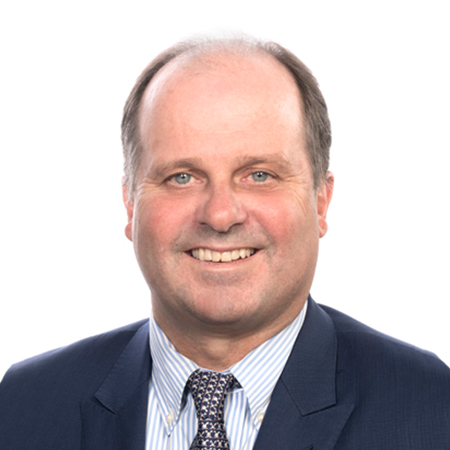Medicare – audits
Medicare is the public health insurance scheme which is implemented by providing subsidies for medical treatment via the Medicare Benefits Scheme (MBS) and the Pharmaceutical Benefits Scheme (PBS). It is part of the Commonwealth Health Department.
Medicare routinely audits the claims made by doctors under both the MBS and PBS. Where there has been non-compliance, Medicare will usually require repayment of benefits directly from the practitioner who holds the relevant provider number.
In that regard, it does not matter if the practitioner delegates out to his/her administrative staff or has a service company/corporate entity submit the claims to Medicare, the practitioner who holds the relevant provider number will be viewed as still liable for all incorrectly rendered claims.
Nonetheless, from 1 July 2019 under the Shared Debt Recovery Scheme, Medicare may recovery a debt or a portion of a debt from the service company or practice when the service company or practice has made false or misleading statements when claiming the benefit.
The doctor needs to inform the Department that there is a potential secondary debtor and requests a shared debt determination. The practitioner will be asked to identify the second party (usually the principal practice) who receives the remainder of the Medicare benefits claimed under their provider number.
A supervisor will not be a secondary debtor unless they receive a financial benefit or has an arrangement in respect of professional services with the health practitioner.
A Shared Debt determination may be made at a default percentage of 65% practitioner and 35% secondary debtor. Alternatively, the Department may decide that it is fair and reasonable to make a different percentage and will consider what influence or control the secondary debtor had over the billing of the services under audit.
Where it can be established that a person rendered the claims under the practitioner’s provider number without their knowledge, they may be held responsible for the entirely of any Medicare debt and may be open to prosecution.
Medicare – Practitioner Review Program (PRP)
The PRP will review the statistical data of a practitioner’s claims under the MBS and PBS in comparison to his/her peers. If a practitioner’s statistical data is significantly different the PRP will usually meet with the practitioner to find out how the practitioner is billing and why their statistical data for claims different from their peers.
In this regard, if a GP is in the top 99 percentile band for rendering Chronic Care Disease Plans when compared to other GPs then PRP will wish to find out why. There may be a very appropriate reason for a practitioner to have a different claiming pattern/statistics or they may have misunderstood the requirements for claiming the service.
Another example is when a practitioner has rendered significantly more services over a 12 month period or on a daily bases when compared to his/her peers again PRP will most likely review the practitioners claiming of services. This concern includes the 80/20 rule which means that a practitioner cannot claim 80 or more professional attendance items on 20 or more days. If a practitioner breaches the 80/20 rule they will be reviewed by the PRP.
PRP can decide that no further action is required in relation to the review, provide the practitioner with a period to amend any misunderstandings with Medicare’s requirements or may refer serious matters to the Director of the Professional Services Review.
Professional Services Review (PSR)
PSR is a separate agency from Medicare but sits within the Health Portfolio.
If PRP (Chief Executive of Medicare) has significant concerns about a practitioner’s rendering of claims under the MBS/PBS it will refer the practitioner to the Director of PSR for a review.
PSR will require the production of a sample of medical records from the practitioner which will be reviewed to ascertain if there is evidence that the practitioner has rendered the services claimed, appropriately. Whereas the PRP process cannot require the production of medical records from the practitioner.
At the end of the review the Director may decide to take no further action, enter into an agreement or refer the practitioner to a PSR Committee hearing.
PSR – Determining Authority
The Determining Authority is the body that imposes sanctions upon the practitioner after a PSR Committee hearing or ratifies any agreements between the Director and the practitioner.
The Shared Debt Recovery Scheme does not apply to repayments required from a review by PSR.
It is very important that practitioners contact their insurer when contacted by Medicare/PRP or PSR so they can obtain specialist advice and achieve the best outcome.
This article was written by Scott Chapman, Partner and Megan Priestley, Special Counsel.

